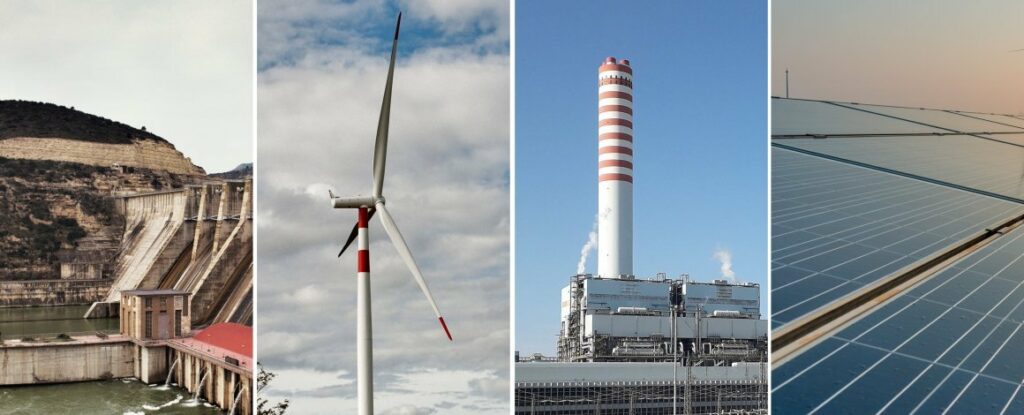Italian energy giant Enel last week signed a strategic partnership with software company Powel in an effort to optimise its operations.
It announced that it will use Powel’s smart energy management software at its 700 production units in Italy, out of which around 200 are flexible hydropower plants and 50 are flexible thermal power plants. The software is designed for optimisation, marketing and trading.
Talking to Current±, Powel’s product specialist Marco Boninella expanded:
“Powel’s optimisation software decides the optimal power plant (all technologies) that maximises the revenues in the spot and reserve markets, respecting all the technical constraints in the power plants and in the grid. In addition, it will give input to Enel’s bidding strategies for all their power plants (all technologies) in the spot and reserve markets.”
The project in Italy is designed to last approximately two years, which will build on work the two companies have undertaken together before.
“The project will be carried out partially remotely and partially on site in order to ensure that Powel’s standard product is configured according to Enel’s needs,” continued Boninella.
“Enel has already tested Powel products for many years for the processes in scope of the project. This will make the implementation easier, because Enel has already a good understanding of what Powel can do.”
Enel operates in 33 countries around the world, in Europe, North America, Latin America, Africa, Asia and Oceania. It provides a number of different services throughout these areas, in the UK its Energy Storage Limited, Enel X and eMotorWerks subsidiaries operate.
The variance in these markets means a varied approach to optimisation is required, therefore it is significant that Enel has chosen to implement Powel’s software in Italy.
Boninella said that the main reason for this choice is to take a “market as-is” approach, although he highlights that the software is deliberately designed to be flexible and could operate elsewhere in Enel’s operations.
The Italian framework is changing, being driven by a number of market agents including “the continuous intraday market and a portfolio approach”.
“The first will require proper optimisation software solutions because replanning the portfolio so fast manually will not be possible, [and] software solutions that can upload offers to the market automatically (algotraders). The second will require proper optimisation software solutions in order to calculate the optimal dispatch,” said Boninella.
Around the world, Enel is increasingly looking to expand and develop its portfolio through deals such as with Powel.
Additionally, last year it announced that it was increasing investment between 2020 and 2022 to in excess of €28 billion. This marks an increase of 11% on the plan it had previously outlined, and will allow the renewables share of Enel’s assets to increase to 60%.





